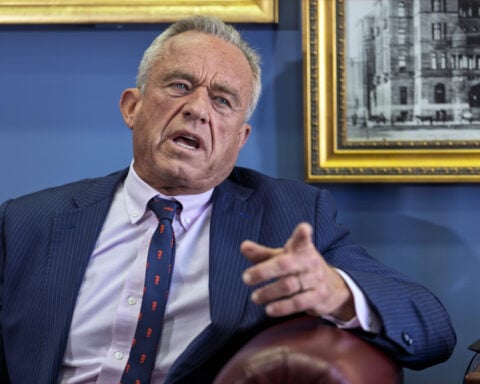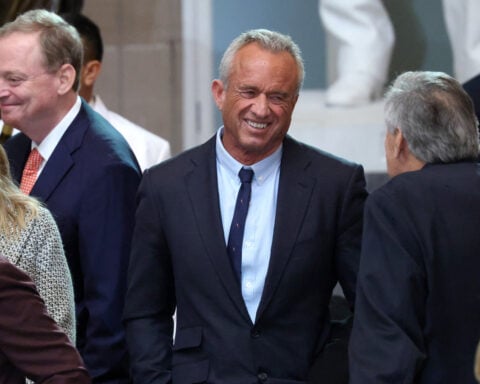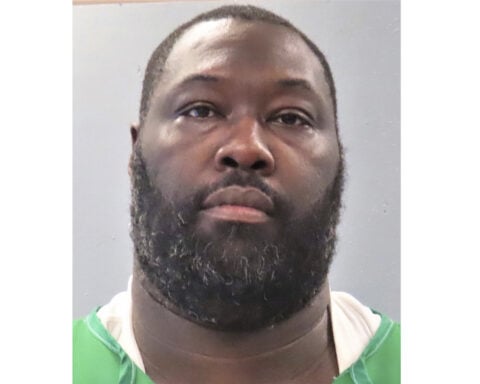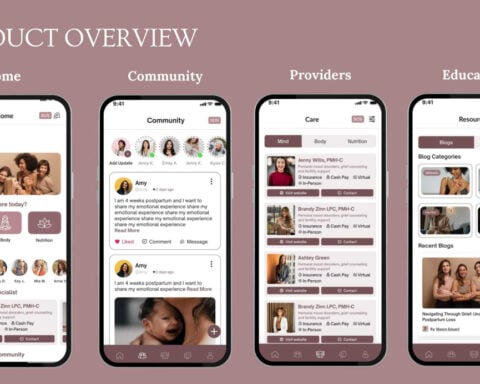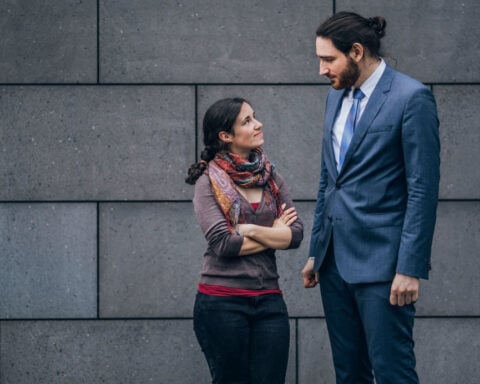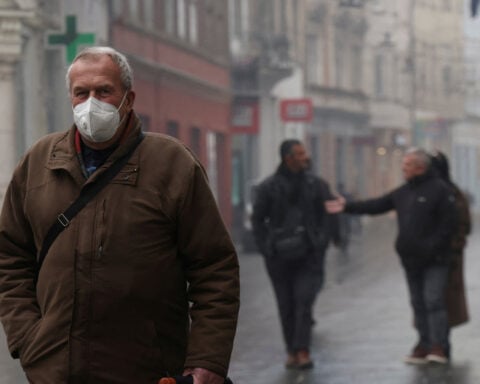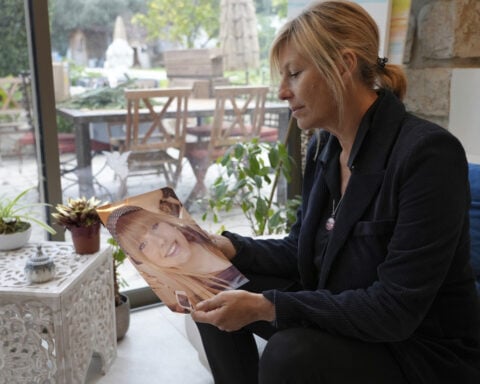For the first time, the typical age of teen suicide in Los Angeles County has dropped to just 16 years old. This was the shocking news. Also, the number of girls who kill themselves has gone up to almost half of all student deaths this school year.
These alarming figures from county medical examiners expose a youth mental health crisis worsening despite years of prevention efforts. Now, families who have lost a loved one say that strict school rules that are supposed to keep kids safe may be making teens even more depressed after the pandemic.
When 17-year-old Jeramie Naya Vives Osorio took her own life last March, distraught classmates hungered to process their grief. Yet Alhambra school officials expressly discouraged Michelle Vives, Mia's mother, from even accepting their condolences. Authorities warned staging any public memorial could spur contagion among vulnerable students.
"They were very concerned about it," Vives recalled. “[They] said...‘If anything happens to the other kids, we're liable.’. This response, echoed by other local districts, directly contravenes state laws mandating that schools base suicide prevention plans on research. Those approved techniques emphasize open communication and collective emotional support, not suppression of bereavement.
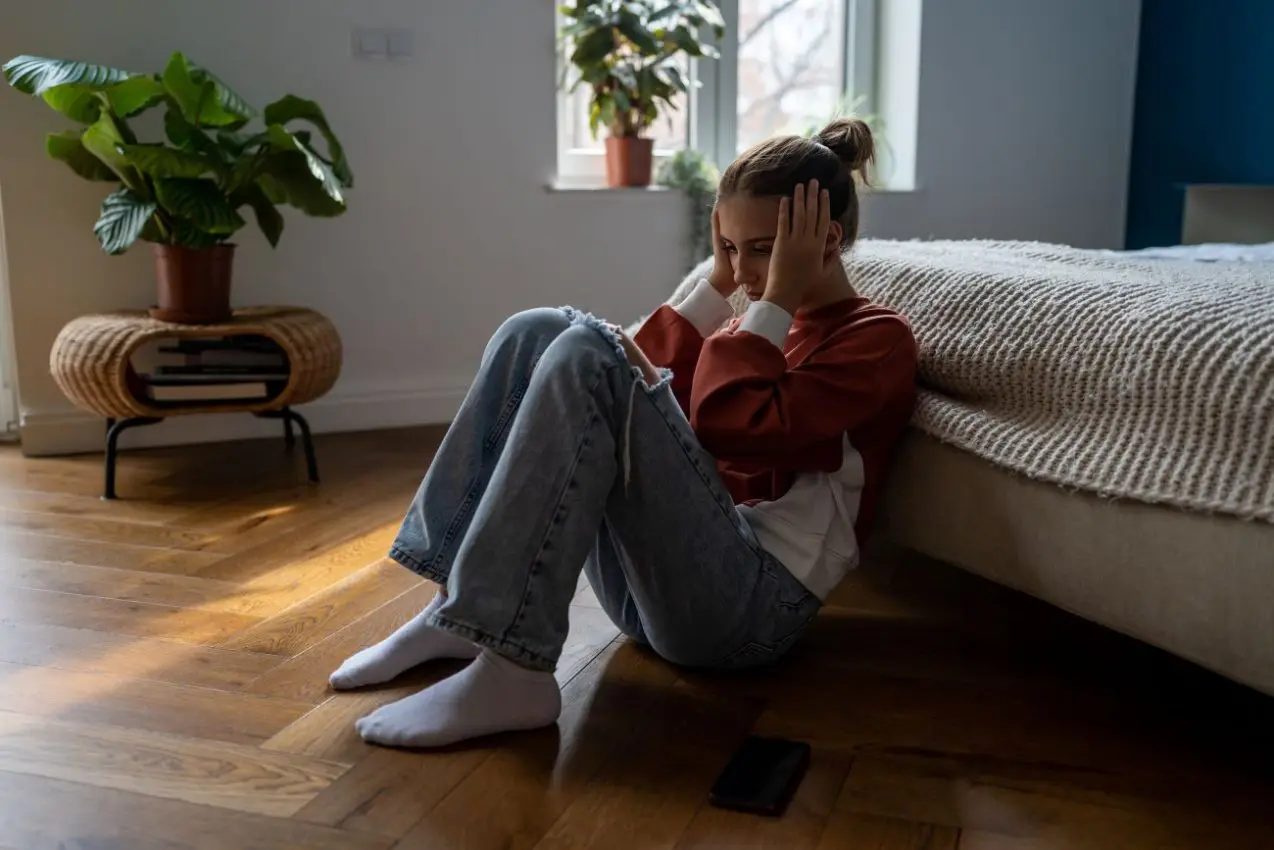
“Telling families not to accept condolences is mind-blowing,” said specialist Janel Cubbage. “Not talking about suicide discourages people from coming forward and isolates people experiencing the loss.”
Yet such silence now predominates post-suicide school protocols, youth mental health experts say. Administrators forbid bereaved teenagers from memorials, tributes, or even consoling each other at school. Grieving processes that once brought communities together are banned for fear of social contagion.
The result leaves anguished students mourning traumatized peers through unpoliced texts, social media, and off-campus gatherings. Robotically reciting “no comment” when questioned, schools appear more concerned for legal liability than pastoral care.
“They’ll advise students not to have contact with the departed student's friends,” one parent said. “You can’t have a public memorial...It has to be short and where no one can see.”
While well-intentioned, clampdowns on collective consolation misinterpret contagion mechanics, experts argue. Peer suicide more likely spreads indirectly through broad social spheres, not close-bonded groups. Yet current policies totally isolate distraught teenagers.
“The panic consumes people making these decisions,” said specialist Cubbage. “We end up leaving kids to grieve alone.”
The stifled reactions also counter emerging research on reinvented postvention models better serve diverse student bodies. New data reveals up to one-third of teen girls now seriously contemplate suicide themselves.
Previously considered protective social connections appear turning risky as anguish becomes another form of generational bonding. “Students, particularly those most vulnerable, cannot control their grief and require emergency care,” said one official defending suppression tactics.
But cubbing communal coping channels shows little understanding of modern teenage trauma circuits. Unspoken despair still spreads rapidly through digital networks beyond adult supervision.
“Social media fuels contagion,” says Richard Lieberman, Los Angeles County’s lead prevention expert. At the same time, critical in-person support systems have atrophied after years of austerity. California's 'fail first' model rations access to scarce psychiatric resources only after multiple crisis episodes.
Pre-pandemic, Los Angeles County already suffered a shortage of treatment options for suicidal youth. Now, patients are overwhelmed by medical capacities never designed for such surging needs.
“After COVID, the rates went up tremendously,” said one ER doctor flooded by cases. “Kids would overwhelm our pediatric ER because there was no room on the psychiatric side.”
The county currently fields just one acute psychiatric bed for every four children requiring emergency involuntary commitment. Available outpatient services also drastically lag behind demand.
As a result, many families cannot access any care until attempting self-harm. Yet research shows such detention itself risks re-traumatizing adolescents. Desperate parents lack choices beyond unacceptable institutions seemingly manufacturing more instability.
"[The hospital] is the only answer we have for this question,” one mother said after fruitlessly seeking alternatives. “Even resourced people have a hard time doing this alone.”
Whether affluent or disadvantaged, families ultimately watch children discharged without follow-up aid needed to improve distress, amplifying suicide risks. Looking back, grieving parents wish schools offered open emotional forums, not blocked attempts binding teenage traumas.
“There’s not a lot of nuanced conversation about this other than ‘don’t do it’,” another parent said. “As soon as you express suicidal thoughts, you get hospitalized.”
Teenagers want connection, parents want solutions, schools want order. However, conflicting approaches in crisis may unintentionally isolate suffering students from exactly the understanding and empathy needed now.
Through open communication comes meaning - the first step in transforming trauma into growth. But shutting down sad students will only put more lives at risk unless we first fix our broken views. The stakes are now high enough that policies encouraging empathy are needed instead of old habits that push people away who need to be heard the most.

 United Airlines CEO calls pullback in domestic seats a durable trend
United Airlines CEO calls pullback in domestic seats a durable trend
 Discover Financial fourth-quarter profit jumps on lower loan loss provisions
Discover Financial fourth-quarter profit jumps on lower loan loss provisions
 Volkswagen says 6% margin target for brand realistic in medium term, analyst says
Volkswagen says 6% margin target for brand realistic in medium term, analyst says
 Bain matches CC Capital's offer for Australia's Insignia Financial at $1.92 billion
Bain matches CC Capital's offer for Australia's Insignia Financial at $1.92 billion
 White House summarizes Trump orders this week suspending entry at border
White House summarizes Trump orders this week suspending entry at border
 Alaska Air beats Q4 profit estimates, sees smaller Q1 loss on robust travel demand
Alaska Air beats Q4 profit estimates, sees smaller Q1 loss on robust travel demand
 Patrick Mahomes on whether NFL officials favor the Chiefs: 'The referees are doing their best'
Patrick Mahomes on whether NFL officials favor the Chiefs: 'The referees are doing their best'

